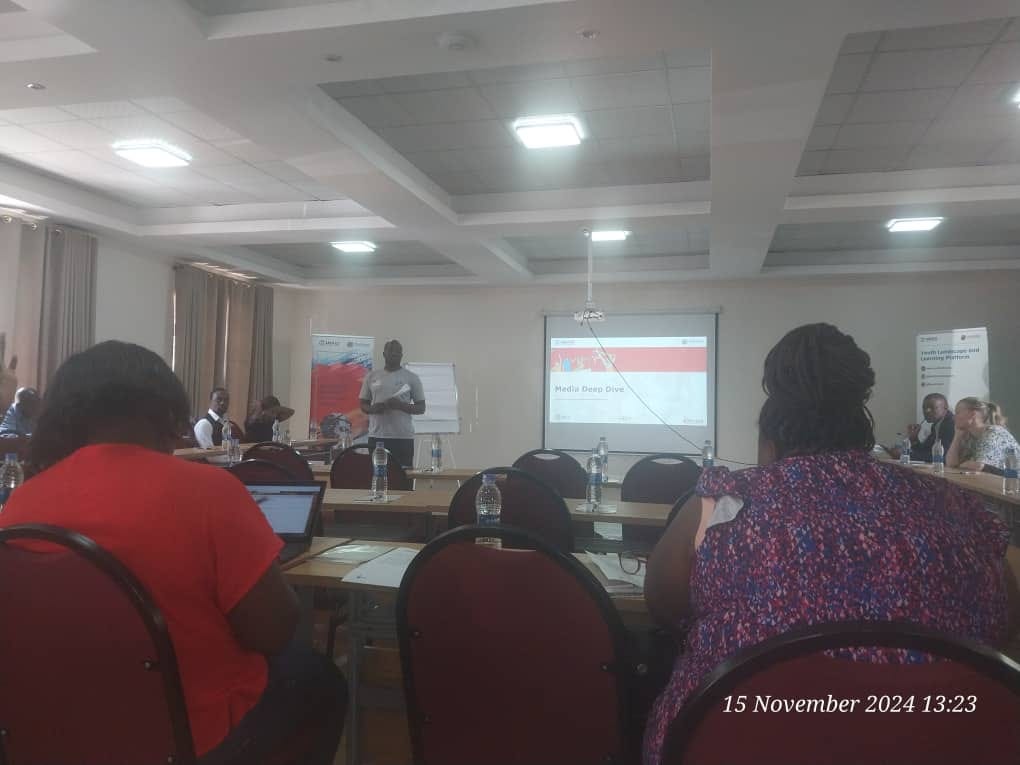Malawi Youths See Education Failing to Deliver Jobs
Based on these responses, researchers concluded that young people who are neither economically active nor socially engaged feel stuck in a state of "waithood" and perceive themselves as failures.
LILONGWE, Malawi — A new study reveals that a large majority of young people in Malawi believe their education has not prepared them for a satisfactory life, with many struggling to find decent work despite having qualifications, writes Martha Nakhate Phonera.
The study, conducted by the International Research and Exchanges Board (IREX) and the University of Malawi's Centre for Social Research, surveyed youth in 14 districts across all three regions of the country from 2022 to 2023.
The findings indicate a growing sense of disillusionment among young Malawians regarding the value of education.
A staggering 80% of youths reported that their education has not helped them achieve a fulfilling life, primarily due to widespread unemployment and a mismatch between the education system and the demands of the labour market.
"The sentiments come after trends of lack of job opportunities regardless of completion of school," the study states.
While a small percentage (12%) of respondents believe education can help with entrepreneurship, only 4% feel it leads to securing a decent job.
The study highlights a stark disconnect between aspirations for formal employment and the realities of the Malawian job market.
A significant proportion of economically active youth are engaged in informal work: 52% in informal paid jobs and 43% in business.
This often prevents them from pursuing full-time positions or engaging in more fulfilling economic activities.
Some participants in the study expressed concerns about the impact of their current work on their mental well-being and social standing.
"Some of the youths lamented the works they are usually involved [in] often leads them to mental breakdown and lose dignity in their communities," the study reports.
Based on these responses, researchers concluded that young people who are neither economically active nor socially engaged feel stuck in a state of "waithood" and perceive themselves as failures.
This sense of disillusionment extends to educated youth who find themselves unemployed despite their qualifications.



